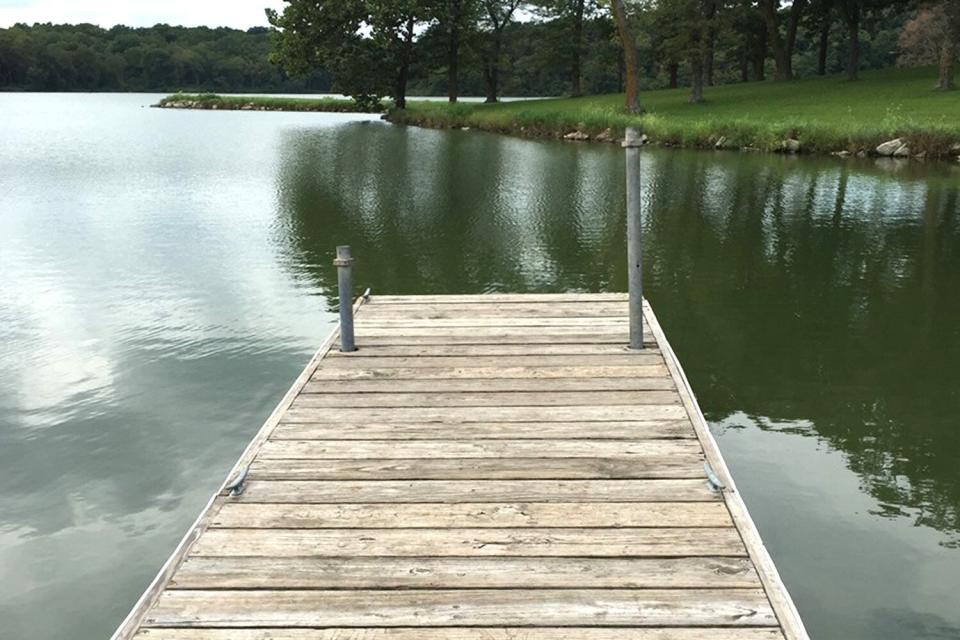Health Officials Close Iowa Beach Following Case of Rare Brain-Eating Amoeba

Travel Iowa
An Iowa beach has been temporarily closed after a rare case of Naegleria fowleri, or brain-eating amoeba, was detected.
On Friday, the Iowa Department Public Health announced that there was a confirmed case of the life-threatening infection after a Missouri resident went swimming in the Lake of Three Fires.
State health officials said in a release that the immediate closure of the beach is a precautionary response as they work with the Centers for Disease Control and Prevention to run tests on the lake water, which could take several days.
Additionally, the Iowa Department of Health and Human Services is working directly with the Department of Natural Resources to provide local residents with information about the rare infection.
Naegleria fowleri, commonly referred to as brain-eating amoeba, is a single-celled living organism that can cause a rare and almost always fatal infection of the brain called primary amebic meningoencephalitis (PAM). According to a CDC report, only four people in the U.S. out of 151 from 1962 until 2020 have survived the infection.
RELATED: Texas Child Dies from Brain-Eating Amoeba After Playing at a Splash Pad

Travel Iowa
Never miss a story — sign up for PEOPLE's free daily newsletter to stay up-to-date on the best of what PEOPLE has to offer, from juicy celebrity news to compelling human interest stories.
Brain-eating amoeba is most commonly found in warm fresh waters such as lakes, rivers and hot springs. It also resides in poorly maintained or minimally chlorinated swimming pools, staying in these habitats to feed on bacteria.
Symptoms of brain-eating amoeba generally start one to nine days after nasal exposure and many people die within 18 days of showing symptoms, according to the CDC. These include severe headaches, fever, nausea and vomiting in the first stage and stiff neck, seizures, altered mental status, hallucinations and a coma in the second stage. PAM, the infection caused from the amoeba, is ultimately hard to detect though, because of the rapid progression of the disease. Diagnosis is typically made postmortem.
Although infection is rare (there are 0-8 infections per year), there is currently no method to reduce the number of amoebas in water. On their website, the CDC says that because of this, it is "unclear how a standard might be set to protect human health and how public health officials would measure and enforce such a standard."
The only guaranteed way to avoid brain-eating amoeba infections is to refrain from participating in water-related activities in warm freshwater. "Anyone that enjoys time in a body of water should cover their nose before they go in or use nose clips," Mirna Chamorro, Florida Department of Health in Orange County spokeswoman, previously told PEOPLE. "As long as they don't put their head under water, they are okay."

